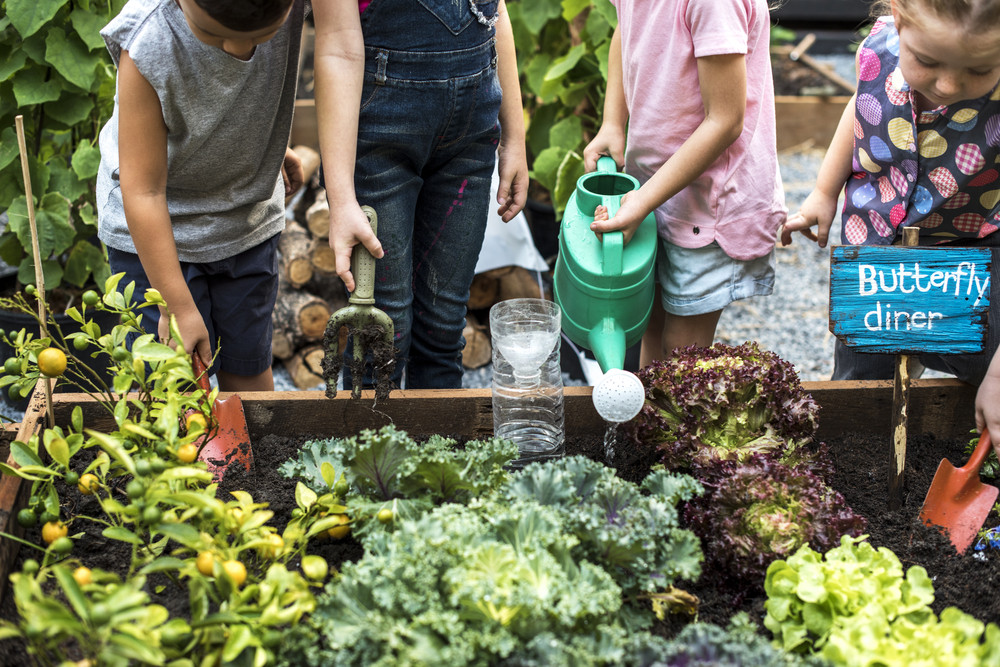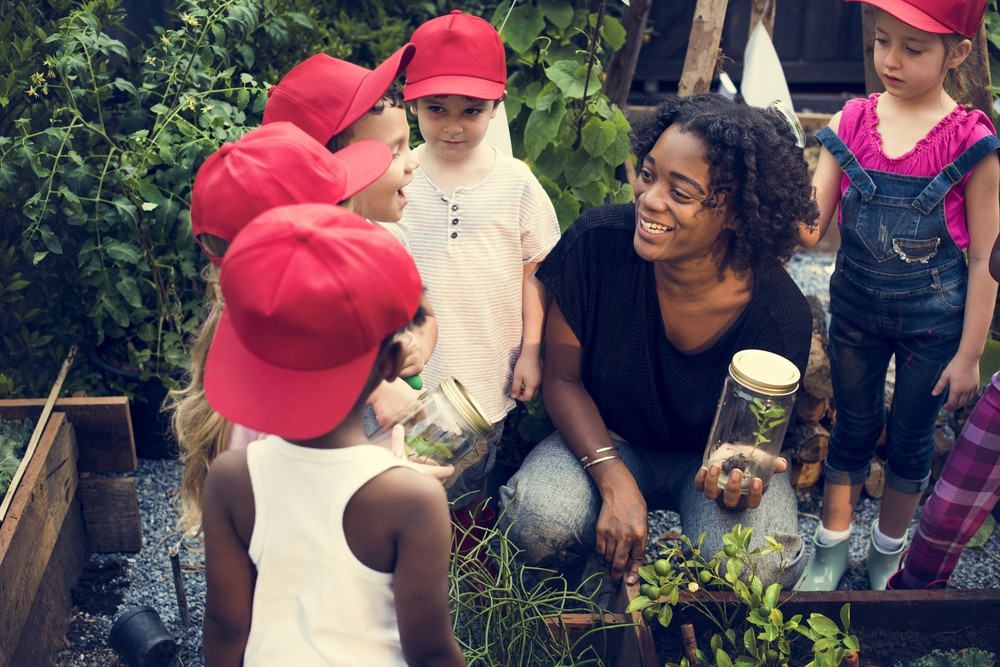5 Fun Garden Lessons For Kids

The school summer holidays are here, and while the promise of long, lazy days is appealing, the reality can quickly turn into a chorus of "I'm bored!" This year, instead of endless screen time, why not turn your backyard into a classroom? A vegetable garden is a fantastic place for kids to learn, grow, and get their hands gloriously dirty.
Teaching children how to garden isn't just about cultivating a green thumb; it’s about nurturing patience, understanding where food comes from, and fostering a love for the natural world. Here are five simple, hands-on lessons to keep them engaged and learning in the vegetable patch all summer long.
1. The Miracle of Germination: From Seed to Sprout
This is the most magical part of gardening for a child. A tiny, insignificant-looking seed holds the potential for a full-grown plant. Let your children choose a few fast-growing seeds, like radishes, lettuces, or sunflowers. Have them prepare the soil, plant the seeds according to the packet instructions, and then give them a small watering can to tend to their new 'babies'.
The daily ritual of checking for the first green shoot is filled with excitement. Explain that the seed needs water, sun, and warmth to wake up. When that first sprout emerges, their face will light up—it’s tangible proof that their effort paid off.
2. The Thirsty Plant Test: Understanding Watering Needs
Watering is more than just dousing a plant; it's about providing the right amount of hydration at the right time. Teach your kids to become 'plant detectives' by showing them how to check if the soil is dry. A simple finger test—sticking a finger an inch into the soil—is an effective and fun way for them to learn.
Explain that different plants have different needs. A new seedling will need more frequent watering than an established tomato plant. Let them take ownership of a few plants, making them responsible for their hydration. This simple task builds a sense of responsibility and helps them understand a plant's vital needs.

3. The Life-and-Death Battle: Pest Patrol
Pests are an inevitable part of gardening, and dealing with them can be an excellent learning experience. Turn pest control into a fun 'bug hunt'. Explain that not all bugs are bad and that some, like ladybugs and bees, are our garden friends. Use a magnifying glass to inspect leaves for common pests like aphids or caterpillars.
Instead of reaching for chemicals, teach them simple, safe methods. Show them how to gently pick off caterpillars and place them in another part of the garden. You can even make a natural spray with soapy water to deter aphids. This lesson teaches them about the garden’s ecosystem and the importance of eco-friendly solutions.

4. The Great Treasure Hunt: Harvesting Your Own Food
Nothing beats the taste of a vegetable you've grown yourself. The moment a child pulls a carrot from the ground or picks a ripe tomato from the vine is a truly rewarding experience. Dedicate a part of the garden to easy-to-harvest vegetables like cherry tomatoes, green beans, or snap peas.
Explain how to tell when a vegetable is ripe. A tomato will be a vibrant red and feel firm, while a zucchini will be the right size. Let them discover their own 'treasure' and then bring it inside to wash and eat. This connects their hard work directly to their plate, making them more likely to try and enjoy fresh vegetables.
5. The Garden's Cycle: Composting & Repurposing
Gardening isn't just about growing; it's about giving back to the earth. Teach your kids about the concept of a closed-loop system by showing them how to compost kitchen scraps like fruit peels, vegetable ends, and eggshells.
Explain that these things don't belong in the bin but can be turned back into rich soil for next year's plants. Let them contribute their own scraps and help mix the compost pile. This lesson introduces them to the concepts of sustainability and the importance of reducing waste, showing them that the cycle of growth is a continuous journey.
This summer, step outside with your kids and get your hands dirty. A few simple lessons in the garden can provide them with lasting memories, valuable skills, and a deeper appreciation for the food they eat.






